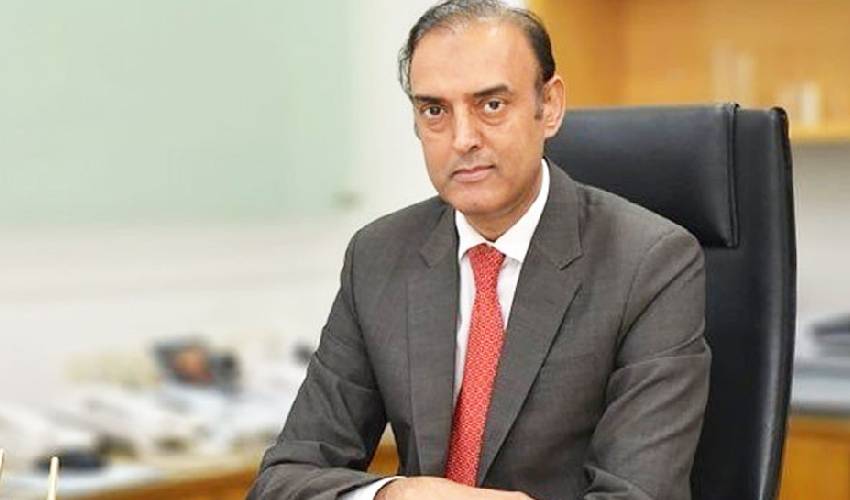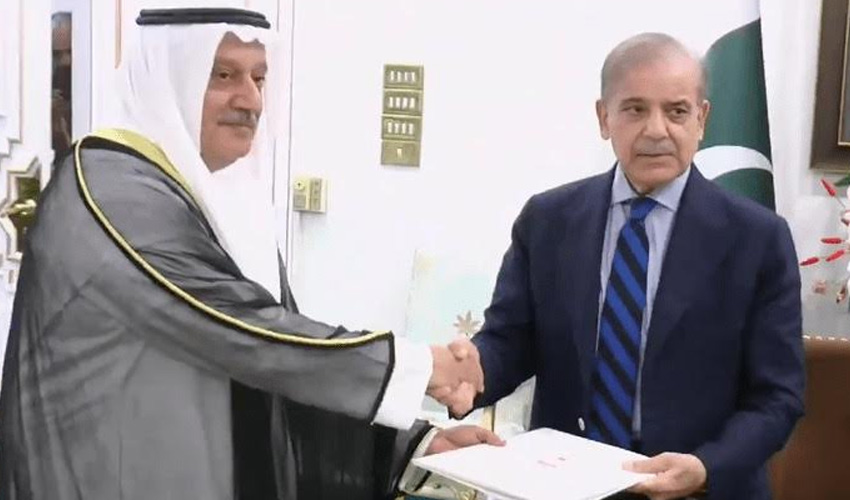State Bank of Pakistan (SBP) Governor Jameel Ahmad on Monday said the country’s foreign exchange reserves have improved and the current account has remained in surplus.
Speaking at a gong ceremony held at the Pakistan Stock Exchange (PSX) as part of a Financial Literacy Banking and Finance event, the SBP chief stressed the need for continued collaboration between the public and private sectors to sustain the economic recovery.
“The current account is in surplus by $7 million, and foreign exchange reserves are in a better position than before,” said Mr Ahmad. “However, there is still room for further improvement.”
He said the issue of 11,000 delayed import cases related to letters of credit (LCs) had been resolved and that decisive policy actions had helped reduce the import bill to a considerable extent. “We have taken tough decisions, which are now bearing fruit,” he noted.
While addressing media personnel in Karachi later in the day, the SBP Governor cautioned that inflation, which had shown a downward trend over the past year, could increase again starting this month.
“Inflation peaked in 2022, but we are now seeing a consistent decline, in line with projections made by the Monetary Policy Committee,” he said. However, external factors could exert pressure on prices in the coming months.
Regarding external debt servicing, Mr Ahmad said Pakistan faced payments worth $26 billion in the ongoing fiscal year, of which $16bn were expected to be rolled over or refinanced. “Out of the remaining $10bn, $8bn has already been paid,” he added.
On the economic outlook, the Governor projected GDP growth to remain between 2.5 and 3.5 per cent for the fiscal year ending June 2025.
However, he expressed optimism that growth could accelerate further if agricultural performance continues to be strong. “If the momentum in agriculture persists, overall GDP growth could reach up to 4.2 per cent,” he remarked.
Mr Ahmad also underscored the importance of promoting financial literacy and said initiatives like the one at PSX would help build public awareness about financial systems and encourage broader participation in the formal economy.



























